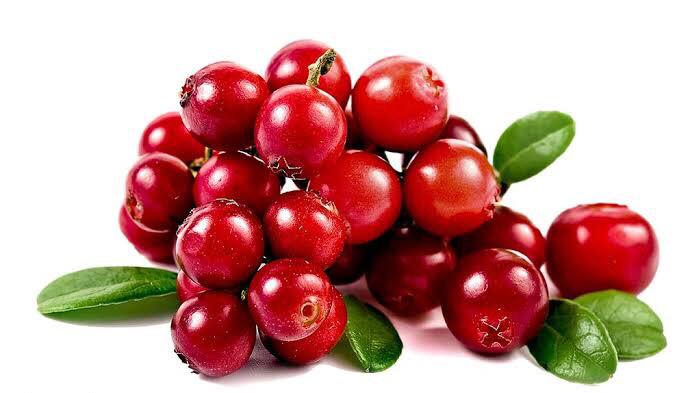.png)
Introduction:
Maintaining vaginal health is critical to your overall health and quality of life. There are many factors that affect vaginal health, including hygiene habits, hormonal balance, and sexual activity, but diet also plays an important role. Just like any other part of the body, the vagina also receives proper nutrition. This article explores science-backed nutritional recommendations to support optimal vaginal health.
Probiotics:
Probiotics:

Probiotics are beneficial bacteria that support gut health, but their benefits extend beyond digestion. Certain strains of probiotics, such as Lactobacillus, occur naturally in the vagina and help maintain a healthy pH balance and prevent infections such as bacterial vaginosis and yeast infections. Incorporating probiotic-rich foods into your diet, such as yogurt, kefir, kimchi, sauerkraut, and kombucha, promotes the growth of beneficial bacteria in your vaginal microbiome.
Cranberries:

Cranberries are known for their ability to prevent urinary tract infections (UTIs) because they contain high levels of compounds called proanthocyanidins, which prevent bacteria from attaching to the walls of the urinary tract. I am. Similarly, cranberries may also improve vaginal health by preventing harmful bacteria from sticking to the vaginal walls and reducing the risk of bacterial vaginosis and urinary tract infections. To receive these protective benefits, include fresh cranberries, cranberry juice (unsweetened), or supplements in your diet.
Omega-3 fatty acids:

Found in fatty fish such as salmon, mackerel, and sardines, flaxseed, chia seeds, and walnuts, omega-3 fatty acids have anti-inflammatory properties that can help relieve vaginal-related symptoms. Discomfort. By reducing inflammation, omega-3 fatty acids contribute to a healthier vaginal environment and reduce the risk of conditions such as vaginitis.
Leafy greens:

Green leafy vegetables such as spinach, kale, and chard are rich in vitamins A and C, as well as antioxidants, which support overall immune function and promote tissue repair. These nutrients are essential for maintaining the integrity of vaginal tissue, improving natural lubrication, and reducing the likelihood of dryness and discomfort.
Garlic:

Garlic contains allicin, a compound with powerful antibacterial properties that helps fight vaginal infections caused by bacteria and fungi. Including garlic in your diet can help prevent and reduce symptoms associated with yeast infections and bacterial vaginosis. However, it is important to consume garlic in moderation to avoid side effects such as gastrointestinal upset.
Water:

Proper hydration is very important for overall health, including vaginal health. Drinking plenty of water maintains fluid balance throughout your body, including your vaginal tissues, promoting natural lubrication and preventing dryness. Aim to drink at least eight glasses of water per day and adjust the amount you drink based on factors such as climate, physical activity, and personal hydration needs.
Conclusion:
Maintaining vaginal health requires a variety of factors, including hygiene habits and regular check-ups, but diet also plays an important role. Eating nutrient-dense foods like probiotics, cranberries, omega-3 fatty acids, leafy greens, and garlic and staying hydrated can support a healthy vaginal environment and reduce your risk of infection and discomfort. Masu. As always, if vaginal problems or symptoms persist, it's important to see your doctor for personalized advice and treatment. By prioritizing nutrition, you can promote your female health and enjoy optimal vaginal health.




0 Comments